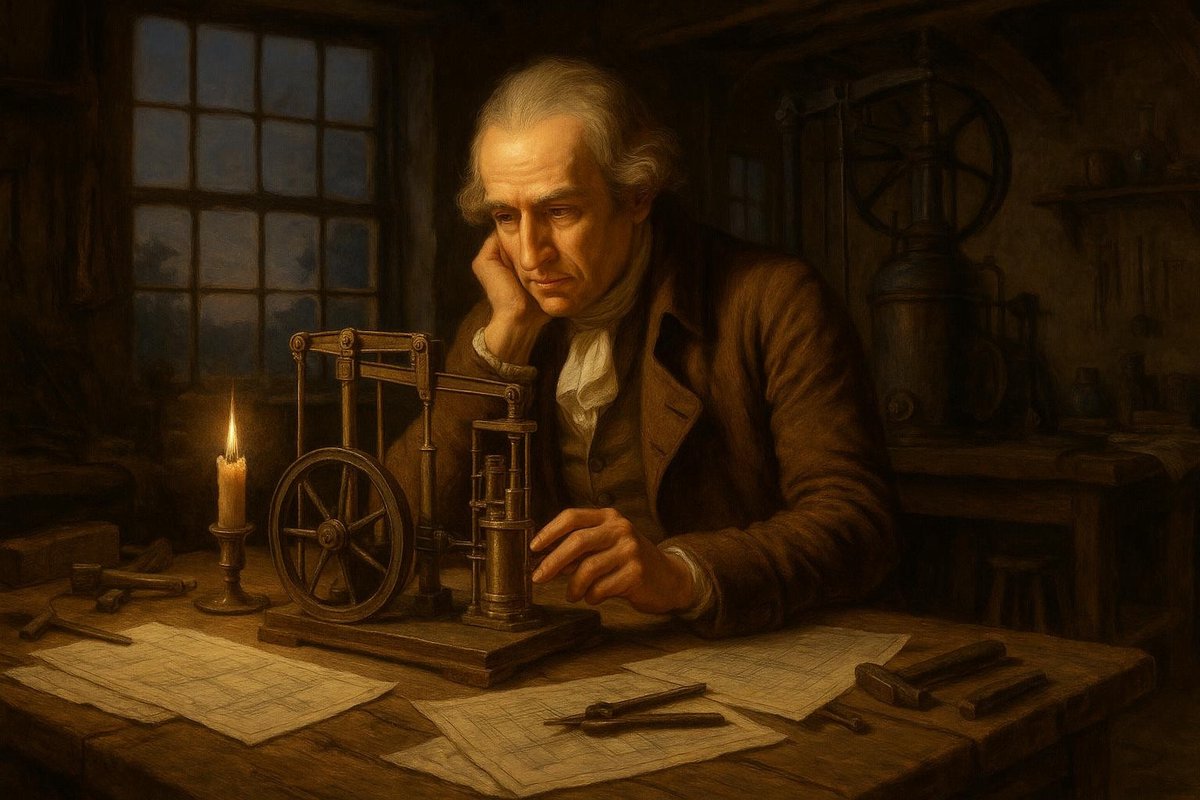
Early Influences
The steam engine’s emergence in the late 18th century did not occur in a vacuum. It was the culmination of centuries of curiosity and experimentation with steam power. As early as the first century AD, Hero of Alexandria had conceptualized a rudimentary steam turbine. However, it was the Age of Enlightenment in the 17th and 18th centuries, with its emphasis on reason and empirical evidence, that set the stage for significant advancements. This period saw a surge in scientific inquiry and a burgeoning interest in harnessing natural forces for practical uses.
- Hero of Alexandria’s early steam experiments, circa 1st century AD
- The Enlightenment: fostering a culture of scientific exploration
- The pursuit of using natural forces for industrial applications
Interestingly, the rise of coal mining in Britain also played a crucial role. The need to pump water out of deepening mines provided both the demand and the context for the development of efficient steam engines. No wonder Britain was primed for an industrial leap.
Mental Models
The intellectual leap required for the creation of the steam engine was significant. Thomas Newcomen, an ironmonger by trade, invented the first practical steam engine in 1712, primarily for pumping water out of mines. But it was James Watt who, in the 1760s, reimagined this technology and spearheaded the Industrial Revolution. His invention of a separate condenser significantly improved the engine’s efficiency. Watt’s methodical approach to problem-solving and his relentless pursuit of improvement exemplified the era’s scientific ethos.
- Thomas Newcomen’s steam engine: practical yet inefficient
- James Watt’s innovations: separate condenser and rotary motion
- Watt’s partnership with Matthew Boulton: commercial viability
Of course, Watt didn’t work in isolation. His collaboration with the industrialist Matthew Boulton demonstrated the synergy between science and entrepreneurship. Their partnership not only enhanced technological efficacy but also paved the way for widespread adoption across industries.
Challenges & Resilience
The path to the steam engine’s widespread success was fraught with challenges. The technical hurdles were daunting, but so were the economic and social barriers. Watt faced patent disputes and financial difficulties. Yet, his resilience shone through, fueled by a belief in the transformative potential of his work. This resilience was emblematic of the broader industrial spirit that characterized the era.
- Overcoming technical and economic barriers
- Patent battles and financial struggles
- Resilience as a key to industrial success
Many people believe that this period’s challenges forged a culture of innovation and perseverance in the face of adversity. As time goes on, it becomes clear that such qualities were critical to sustaining the momentum of the Industrial Revolution.
Legacy
The legacy of the steam engine is profound and enduring. It not only revolutionized industry but also reshaped society. Transportation, manufacturing, and even agriculture underwent transformative changes. The steam engine symbolized the shift to mechanized processes, laying the groundwork for future technological advancements.
- Revolutionizing transportation and manufacturing
- Societal shifts towards mechanization
- Foundation for modern technological progress
Interestingly, the impact of the steam engine transcends its time. It represents a pivotal moment in human history when innovation and industrialization began to redefine the very fabric of society.
Fuel Someone Else’s Curiosity
As we reflect on the steam engine’s transformative impact, it’s essential to share this narrative with others who appreciate the intricate tapestry of history and innovation. Discussing such pivotal moments in history fueled by curiosity and persistence can inspire modern thinkers and inventors to tackle today’s challenges. After all, the spirit of discovery and resilience that characterized the Industrial Revolution is as relevant today as it was back then. So, why not share this story and ignite the spark of curiosity in someone else?

Leave a Reply